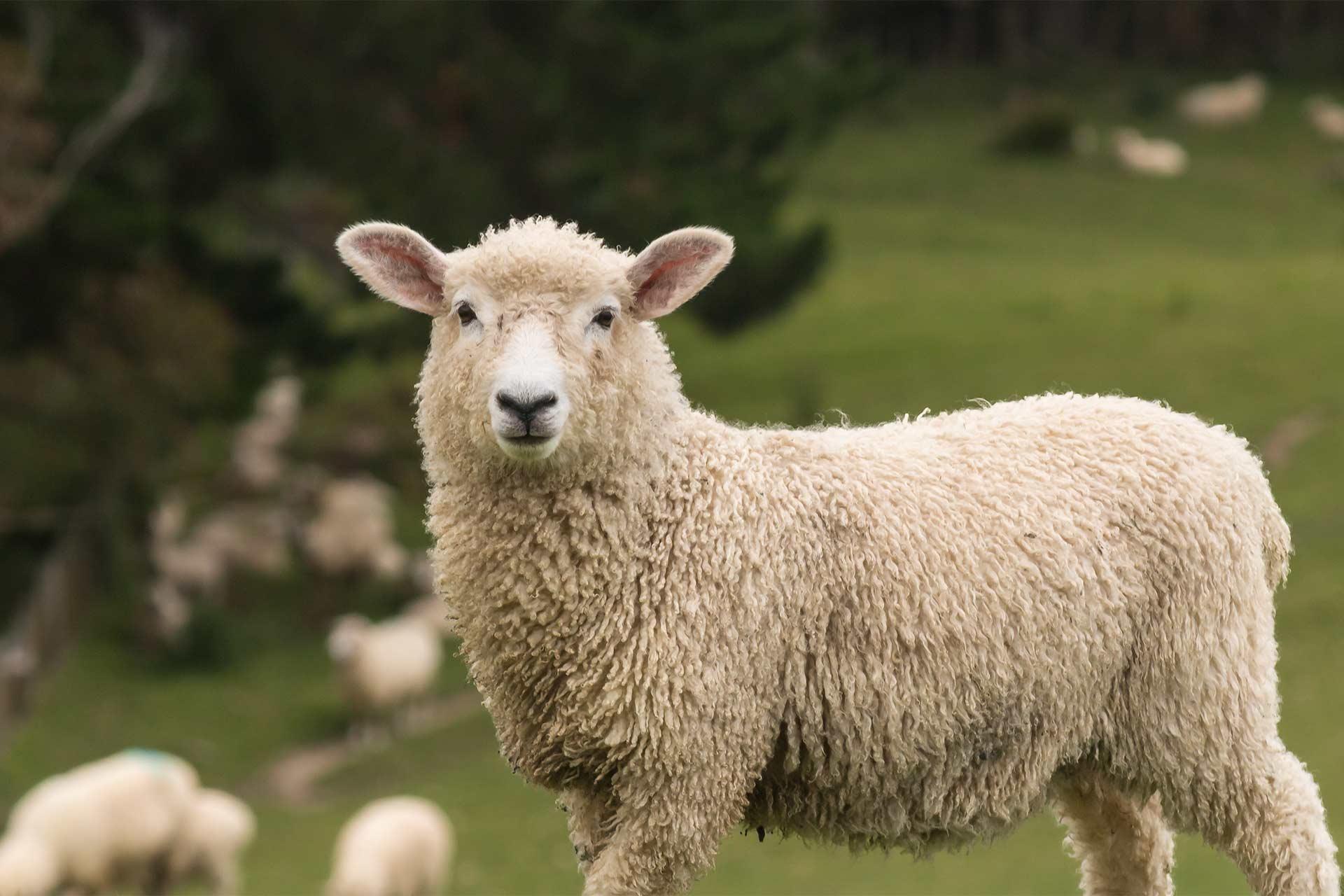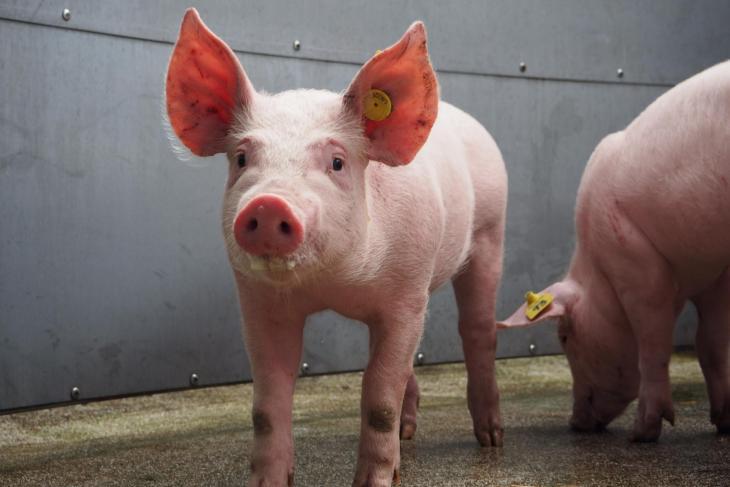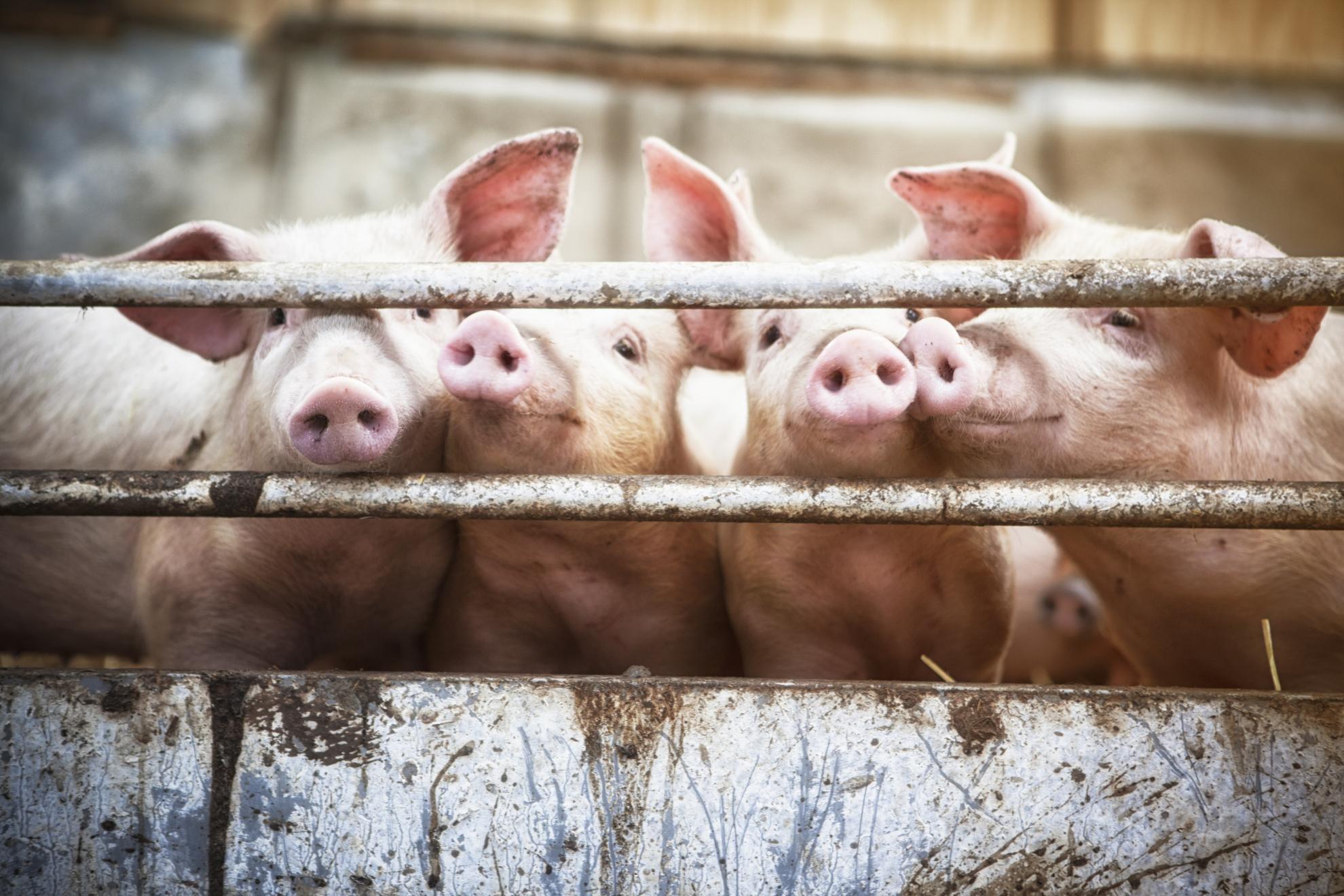Our group
Our research group investigates the cellular mechanisms of adaptive immunity in livestock, with a particular focus on pigs, cattle, and sheep. We study how T cells shape immune responses during infection and vaccination, and how they interact with B cells and the broader tissue microenvironment. By taking a comparative approach across species, we aim to uncover fundamental principles of immune regulation and identify factors that determine protective versus pathological outcomes.
Our aims
- Elucidate functional properties of T-cell subsets in livestock species
- Study T-cell and B-cell differentiation following antigen encounter
- Study the interaction of T cells with other cells of the body, in particular other immune cells
- Define their contribution to immune protection but also immunopathology
Our research
- Identification and comparison of functional T and B cell subsets across pigs, sheep and cattle
- Investigation of these cells in the context of their tissue microenvironment
- Study their function in the context of FMDV, PRRSV and influenza infection and vaccination
Our impact
Vaccines are pivotal in the control of many viral infections and the SARS-CoV-2 pandemic was a powerful reminder of that. Protective vaccination relies on the induction of immunological memory. This memory is mainly formed by long-lived T and B cells. By understanding how these cells work and can be stimulated in an appropriate manner for protective vaccination is a key element for the development of novel and improved vaccines.





